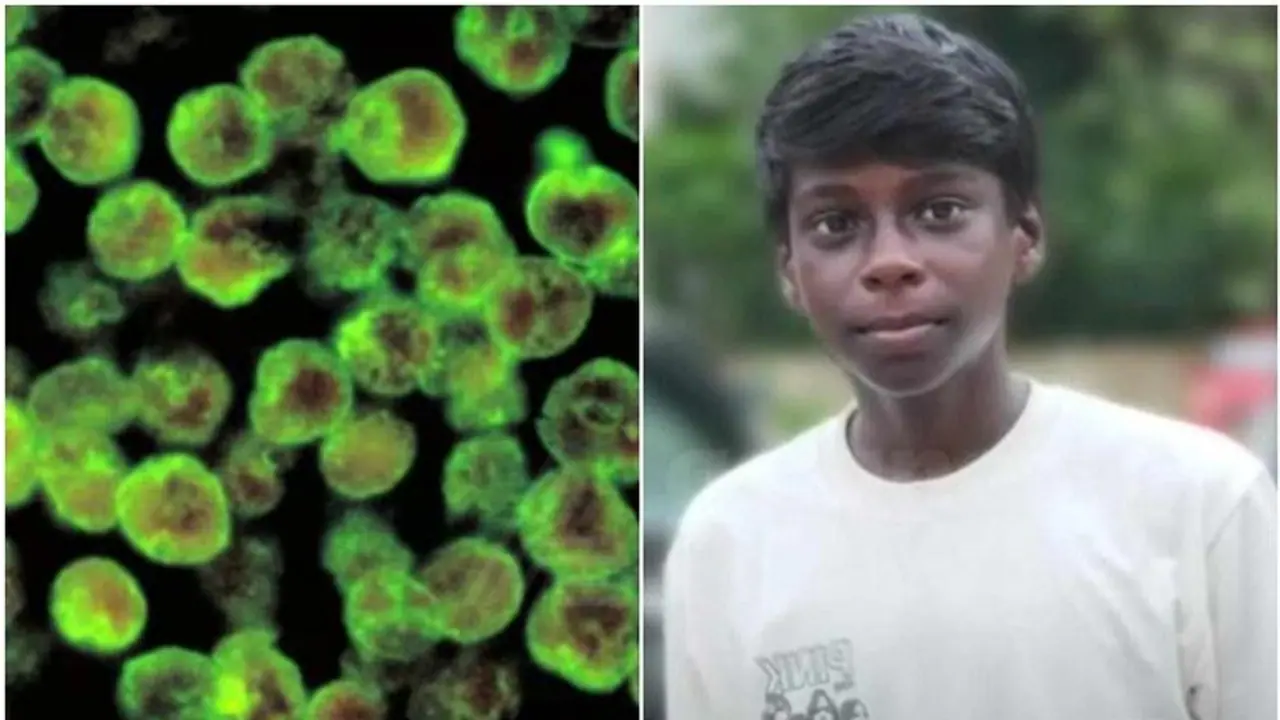A 13-year-old boy in Kozhikode has died from amoebic meningoencephalitis, a rare brain infection caused by a free-living amoeba found in contaminated water. Mridul had been on ventilator support for 24 hours after showing symptoms of vomiting and headache following a swim in the Achankulam near Farook College.
Kozhikode: A 13-year-old boy suffering from amoebic meningoencephalitis, a rare brain infection caused by a free-living amoeba found in contaminated water, died while receiving treatment at a hospital in Kozhikode. The deceased is Ramanattukara native E P Mridul, son of Ajith Prasad and Jyothi.

The boy had been on ventilator support for 24 hours after being admitted with symptoms of vomiting and headache. Mridul developed these symptoms after swimming in the Achankulam near Farook College on June 16. He was a class seven student of Farook College Higher Secondary School.
Earlier, a 13-year-old girl in Kannur and a five-year-old girl in Malappuram died of amoebic meningitis, which is caused by Naegleria fowleri, also known as the brain-eating amoeba.
What is Amoebic meningoencephalitis?
Amoebic meningoencephalitis is a rare and severe brain infection caused by certain types of free-living amoebas, most commonly Naegleria fowleri, also known as the "brain-eating amoeba." This amoeba is typically found in warm, freshwater environments such as lakes, rivers, hot springs, and inadequately chlorinated swimming pools.
Early symptoms (within 1-9 days of infection) include severe headache, fever, nausea and vomiting.
Prevention:
1. Avoid swimming in warm freshwater during high temperatures.
2. Use nose clips or avoid submerging your head in freshwater.
3. Ensure that swimming pools and hot tubs are properly chlorinated and maintained.
